research
June 1, 2007
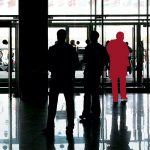
Bad blood
As many as 3 million Americans are carrying the hepatitis C virus — but most don’t even know it. The UW is trying to crack its code before more potential carriers get the bad news.
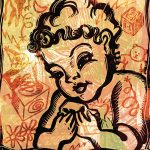
Toddlers take a cue
For the first time, UW researchers have confirmed that toddlers engage in “emotional eavesdropping”—changing their own behavior in response to an emotional exchange that does not involve them.
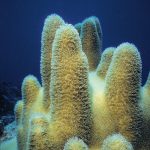
Call and response
While the University of Washington is a leader in researching this and other aspects of carbon emissions, it is doing more than just studying this problem.
March 1, 2007
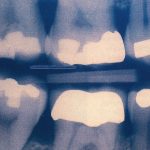
The metal debate
A pioneering UW study confirms that metal dental fillings are safe, but critics still aren't satisfied.
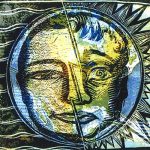
Immigrant mental health
Immigrants from Asia have lower rates of psychiatric disorders than American-born Asians and other native-born Americans, according to the first national epidemiological survey of Asian Americans in the United States.
December 1, 2006
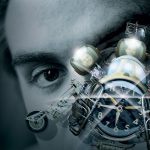
New generation
UW scientists have made important first steps toward the day when they will be able to grow livers, hearts and other replacement tissue from stem cells.
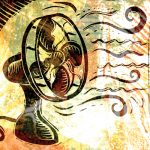
Cool idea
University of Washington researchers have succeeded in building a cooling device tiny enough to fit on a computer chip.
September 1, 2006

Fighting the blues
Taking a page from Alcoholics Anonymous and similar groups, UW researchers successfully tested a brief, low-cost “intervention” to deal with depression.
June 1, 2006
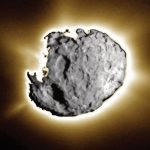
Gathering dust
The longest round trip in human history has brought back evidence that could yield clues to the origins of the solar system.

The right questions
It was a puzzle no one could solve: How does the nose detect and distinguish 10,000 different odors? But Linda Buck's curiosity—and tenacity—led her to the answer and ultimately to Stockholm.
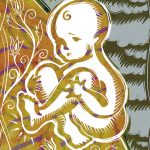
Infant screening
A relatively simple screening process detects enzyme deficiencies in newborns, allowing treatment to begin before too much damage has been done.
March 1, 2006
Mating dance
Scientists have been able to link skillful dancing to established measures of human desirability and attractiveness.
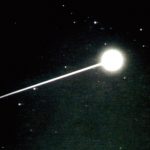
2.88 billion-mile journey
After traveling 2.88 billion miles over nearly seven years, NASA's Stardust capsule landed in the Utah desert on Jan. 15, bringing back comet samples that could help explain the origins of the solar system.
December 1, 2005

$33 billion risk
A UW Bothell business professor says that the Puget Sound region could suffer $33 billion in property damage and economic losses following a magnitude 6.7 earthquake along the Seattle Fault.
Nearly $1B for research
The UW drew a record-breaking $997 million in research grants and contracts for 2004-05, which is $43 million more than last year, the UW Office of Research announced Sept. 15.
September 1, 2005
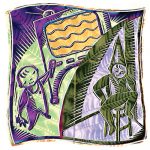
Tune toddlers out
The drivers with the “Kill Your Television” bumper stickers may be right—if your child is under 3. In July researchers at the University of Washington announced the results of a study that tracked harmful effects from toddler TV viewing.
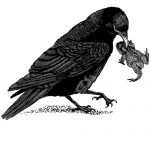
Crow encounters
Oregon may be one of the UW’s archrivals, but anyone who has spent time on the Seattle campus in June will tell you that the crow, not the duck, is the Huskies’ true nemesis.
June 1, 2005
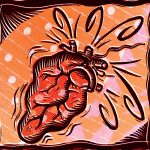
Antibiotics won't do it
Could bacteria also be a culprit in heart disease? In April the UW released the first results of a study — and the verdict so far for C. pneumoniae is not guilty.
March 1, 2005
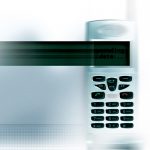
Wake-up call
Can radiation from cellphones damage DNA in our brains? When a UW researcher found disturbing data, funding became tight and one industry leader threatened legal action.
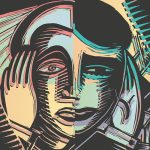
Painful data
It’s bad enough to suffer from migraines, but now there is a correlation with another brain malady. Migraine sufferers are twice as likely to experience a stroke, compared to people who do not get this type of headache, say UW researchers.